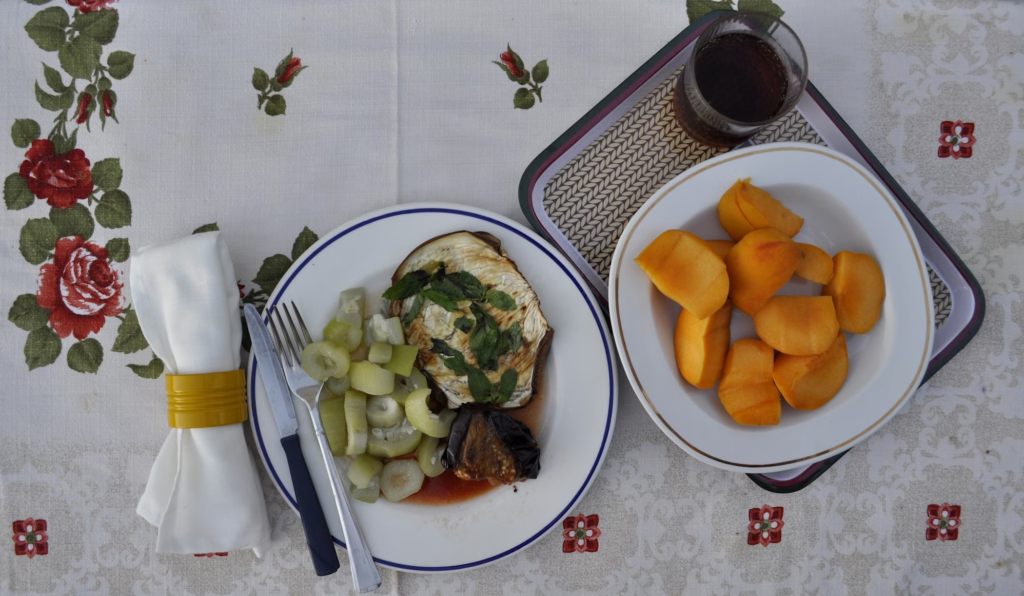Hello, friends! Let’s gather ‘round for a sunny chat about something that’s close to my heart—and yours: reducing the risk of a first-time stroke. Now, I know what you’re thinking: “Jeffrey, isn’t that something only older folks need to worry about?” Well, not quite. Stroke can affect anyone, but the good news is that up to 80% of first-time strokes are preventable with a few lifestyle tweaks. So, let’s dive into some practical tips to keep our brains as vibrant as a Miami sunrise.
Understanding Stroke
First, a quick primer. A stroke happens when blood flow to a part of the brain is interrupted, either by a blockage (ischemic stroke) or a burst blood vessel (hemorrhagic stroke). This sudden disruption can lead to brain cell damage, affecting abilities like speech, movement, and memory. But don’t let that scare you; knowledge is power, and prevention is key.
Know Your Numbers
High blood pressure is a leading risk factor for stroke. It’s like the silent party crasher you didn’t invite. Regular check-ups can help you keep tabs on your blood pressure. Aim for readings below 120/80 mmHg. If your numbers are creeping up, work with your healthcare provider to manage them. Sometimes, all it takes is a little less salt on that delicious grilled fish. But don’t forget to check it with your doctor.
Eat Like You’re in the Mediterranean

Imagine you’re dining on a terrace overlooking the azure waters of the Mediterranean. What’s on your plate? Plenty of fruits, vegetables, whole grains, lean proteins, and healthy fats like olive oil. This diet, aptly named the Mediterranean diet, has been proven to reduce stroke risk. So, next time you’re in the kitchen, channel your inner Greek chef and whip up a colorful salad drizzled with olive oil. Opa!
Move That Body
Remember the joy of dancing that favorite tune? Let’s bring that back! Regular physical activity—about 150 minutes of moderate exercise per week—can significantly lower your stroke risk. Whether it’s brisk walking, swimming, or even gardening, find something you love and make it a part of your routine. And hey, if you break into a little cha-cha while vacuuming, I won’t judge, okay?
Mind Your Sleep
Quality sleep is essential for overall health. Aim for 7-8 hours of restful sleep each night. If you’re having trouble sleeping, establish a calming bedtime routine. Maybe a warm bath, some light reading, or listening to the gentle sounds of ocean waves. It really works for me. (I’ve got four of them on my phone 🙄).
Kick the Habit
If you’re a smoker, consider this your friendly nudge to quit. Smoking doubles the risk of stroke. I know it’s not easy, but fortunately we’re in a world that currently has a good number of resources and support groups that can help you on this journey. Your lungs—and your loved ones—will thank you for that.
Limit Alcohol
While a glass of wine with dinner can be delightful, moderation is key. Excessive alcohol intake increases stroke risk. Stick to no more than one drink per day, and perhaps toast to your health with a refreshing glass of sparkling water instead.
Manage Stress

Life can be as unpredictable as my Miami weather, but managing stress is crucial. Chronic stress contributes to high blood pressure and other stroke risk factors. Find relaxation techniques that work for you, whether it’s meditation, yoga, or simply watching the sunset. And remember, it’s okay to say no to things that overwhelm you.
Stay Connected
Social interactions are like sunscreen for the soul—they protect and nourish. Engaging with friends and family can boost your mood and overall well-being. So, plan that picnic, join a book club, or take a stroll with a neighbor. Laughter truly is the best medicine.
Know the Signs
Despite our best efforts, it’s essential to recognize the signs of a stroke.
Remember the acronym BE FAST:
- Balance: Sudden loss of balance or coordination.
- Eyes: Sudden trouble seeing in one or both eyes.
- Face: Drooping or numbness on one side of the face.
- Arms: Weakness or numbness in one arm.
- Speech: Slurred speech or difficulty speaking.
- Time: If you notice any of these signs, call emergency services immediately.
Quick action can minimize brain damage and improve recovery outcomes.
Embracing these lifestyle changes doesn’t mean overhauling your life overnight. Start small—maybe add an extra serving of veggies to your dinner or take a 10-minute walk after breakfast. Each step you take brings you closer to a healthier, more vibrant life. And remember, age is just a number. With a positive mindset and a proactive approach, you can reduce your risk of a first-time stroke and continue enjoying the sunny days ahead.
So, here’s to you—taking charge of your health, one day at a time. Now, who’s up for a walk along the boardwalk?
Sources:




